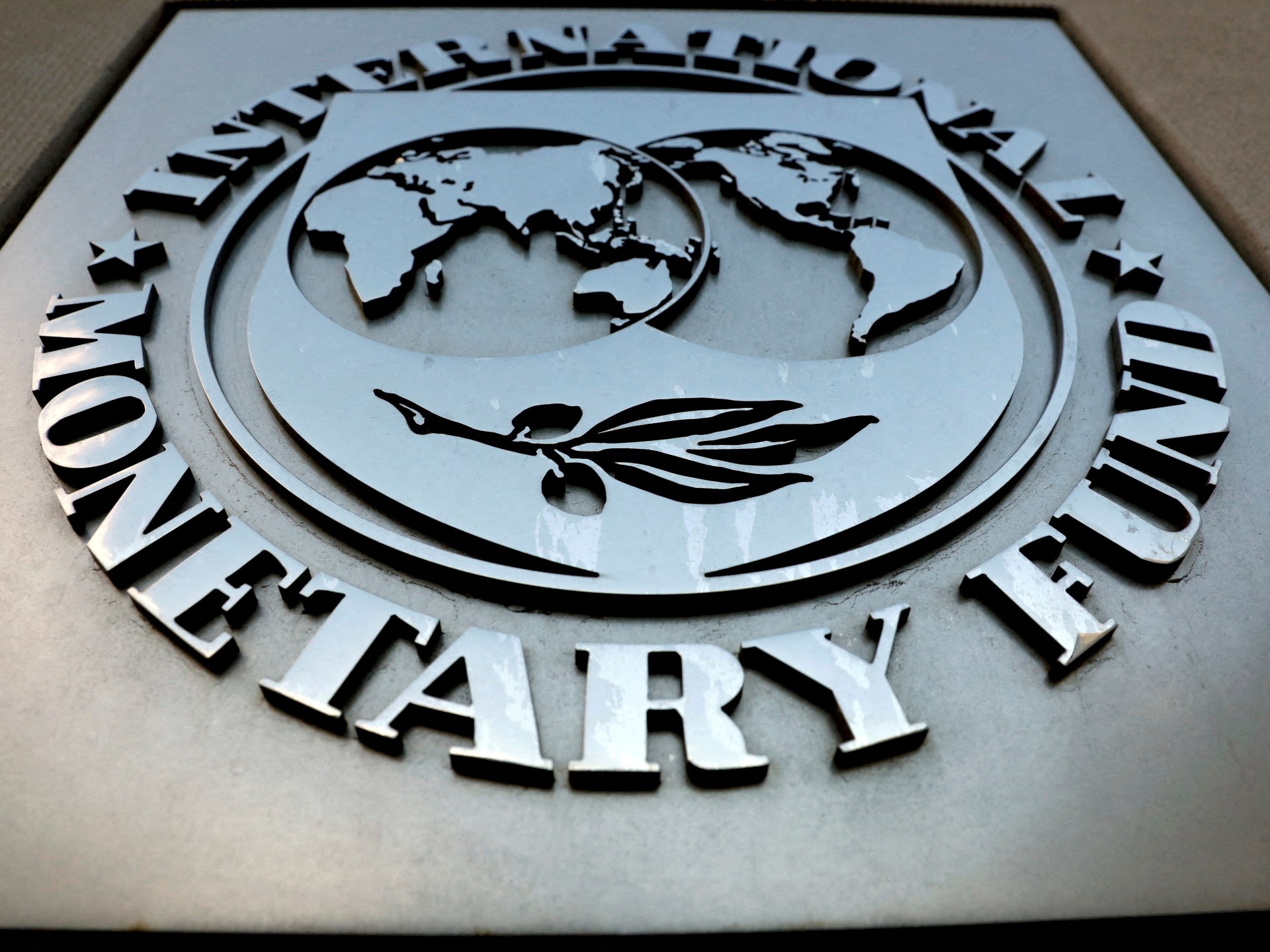The IMF highlighted the dire repercussions of hidden debt on individuals and countries (Reuters)
The Financial Times examines the devastating consequences of hidden and undisclosed debt in light of the Mozambique "tuna bond" scandal, demonstrating the importance of focusing on the urgent need for debt transparency in the developing world.
This incident - an act of corruption by government officials - cost Mozambique the equivalent of the country's GDP for an entire year, and pushed nearly two million people into poverty.
The newspaper's report indicates that the International Monetary Fund recently issued a working paper addressing the issue of sovereign debt transparency, and highlighting the dire repercussions of hidden debt.
The fund's paper warned that undeclared debt could undermine sustainability, undermine investor confidence, and increase borrowing costs.
The paper notes that the lack of accurate information about a country's debt hinders borrowers and creditors alike from making clear decisions, which complicates debt restructuring efforts.
The newspaper's report says that debt ambiguity burdens individuals and exacerbates the vulnerabilities of debtor countries, at a time when low-income countries, developing countries, and emerging market economies face critical gaps in debt transparency.
Debt transparency is not limited to emerging markets, as developed countries also face a network of secured debt hidden in state-linked entities or credit agreements with suppliers.
Greece's experience in the period 2010-2012 serves as a cautionary example, revealing undisclosed debts that are guaranteed by the state but are not reflected in the registered public debt burden.
International efforts to enhance debt transparency, such as the G20 Operational Guidelines on Sustainable Finance and the Institute of International Finance's Voluntary Principles for Debt Transparency, face significant implementation gaps.
Despite initiatives to enhance creditor disclosure, the IMF report highlights the persistence of critical gaps, especially in low-income countries and emerging markets.
The Financial Times suggests making the IIF's voluntary principles de facto mandatory.
The proposal recommends that the United Kingdom and the United States, the two jurisdictions where the majority of Eurobonds are issued, pass laws stipulating that only debts that are transparently disclosed and officially registered with the IMF are considered valid and legally enforceable.
This - according to the Financial Times - would provide greater protection for creditors and mitigate the risks associated with undisclosed debts.
Mountain of debt
The debts of governments, companies and individuals around the world have recorded a significant increase, raising concerns about the sustainability of debt and its effects on the global economy.
The Institute of International Finance had previously said that “global debt reached $307 trillion by the second quarter of 2023, despite monetary tightening measures.”
Last December, the World Bank said that developing countries spent nearly half a trillion dollars on servicing their external debt in 2022, depleting their allocations for health, education, and combating climate change.
The bank stated in a report on international debt that debt service payments - including principal and interest - rose to an unprecedented level of $443.5 billion in 2022-2023, amid the largest increase in interest rates around the world in 4 decades.
Tuna bonds
What has become known as the “tuna bonds” scandal includes allegations that Braininvest and its owner, Iskandar Safa, paid more than $100 million in bribes to Mozambican officials and Credit Suisse to obtain loans to develop the country’s fishing industry.
Between 2013 and 2014, three state-owned companies - Imatum, Mozambique Asset Management (MAM), and Prondicos - borrowed large sums from Credit Suisse and VTB for a project focused on tuna fishing and maritime security.
But investigations later revealed that the loans were backed by undeclared and illegal government guarantees, and a large portion of the money was missing.
In total, $2.2 billion worth of hidden loans were uncovered in 2016, leading to the collapse of Mozambique's currency and its default.
Credit Suisse was fined nearly $500 million by regulators over the lack of transparency in bond issuance and the commissions that bankers benefit from.
Source: Al Jazeera + Financial Times + websites

